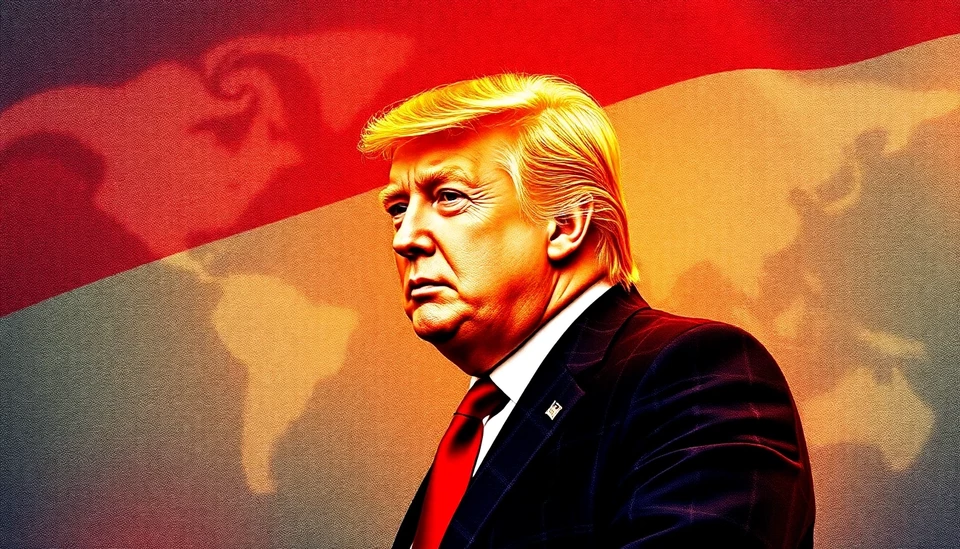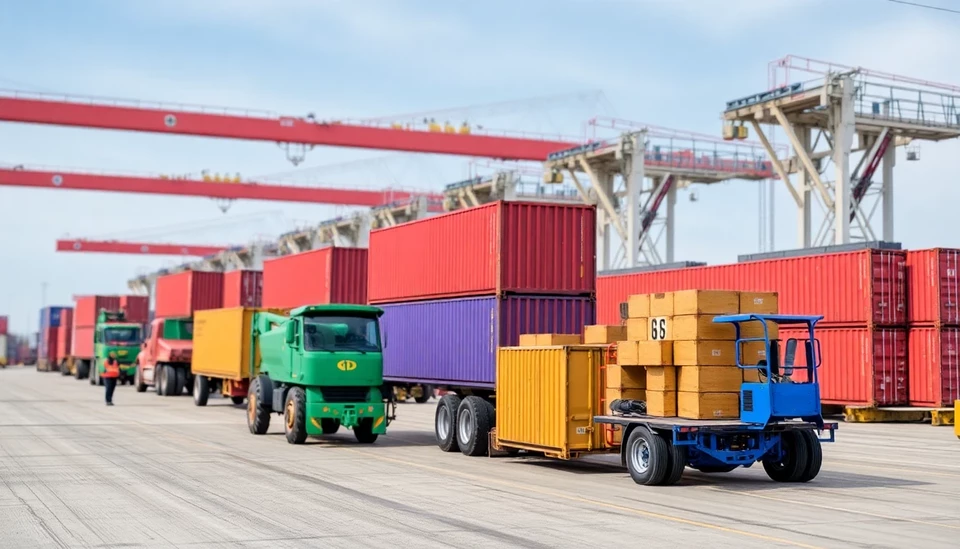
The landscape of global finance is undergoing a seismic shift, primarily driven by the unexpected consequences of the tariffs imposed during Donald Trump's presidency. Many experts and analysts, while recognizing the potential repercussions at the time, did not foresee the profound and lasting impact these trade policies would have across multiple sectors and economies.
The relentless wave of tariffs initiated by Trump's administration has left countries scrambling to adapt. The duties focused primarily on key imports from China and other trading partners, leading to a complex interplay of retaliatory measures and strategic realignments. As nations retaliated with their own tariffs, a chain reaction ensued, affecting not only the targeted goods but also sparking wider economic uncertainties.
One of the critical outcomes has been the stark shift in supply chains. Companies that relied heavily on imports from China have begun to rethink their production strategies. This includes shifting manufacturing to countries with lower tariffs or reshoring operations back to the U.S. The anticipated short-term benefits of these tariffs have been overshadowed by the longer-term ramifications, including increased costs for consumers and disruptions in the supply chain that are reverberating around the globe.
Furthermore, this tariff reckoning has intensified inflationary pressures. Products that would have been affordable due to cheaper imports are now marked up, contributing to a rise in the cost of living that is being felt across the board. Families and businesses alike are grappling with budget constraints, while economists warn of potentially slower economic growth as a result of diminishing purchasing power.
Financial markets have also reacted, showcasing a volatility that highlights investor uncertainty. Stock valuations in sectors heavily impacted by these tariffs have fluctuated, leading to a more cautious investment landscape. The recalibration of expectations for growth and profitability has forced businesses to reassess their financial strategies and forecasts.
The geopolitical ramifications of these tariffs cannot be ignored. Diplomatic relations have been strained as countries have taken sides, either supporting the U.S. approach or opposing it through various alliances. This has created a more fragmented global trade environment, where bi-lateral relationships are prioritized over multilateral agreements, leading to an overall decline in collaboration on trade policies.
In essence, the Trump tariff episode has turned the tide for global finance, dictating new rules of engagement that few anticipated. With shifting supply chains, increased costs, and a volatile market landscape, the long-term implications are poised to redefine international trade for years to come.
As the world moves forward from this tariff-related upheaval, it is evident that stakeholders at all levels—governments, businesses, and consumers—must adapt to a new economic reality. The true test will be how effectively these entities navigate the ongoing changes and what future trade policies will emerge in response to this unprecedented situation.
Overall, analysts continue to monitor the situation, noting that this isn’t just a matter of economics but a formative chapter in the ongoing evolution of global finance and international relations.
#Tariffs #TrumpAdministration #GlobalFinance #EconomicImpact #Inflation #SupplyChain #TradePolicies #MarketVolatility #InternationalRelations #FutureOfTrade
Author: Daniel Foster




